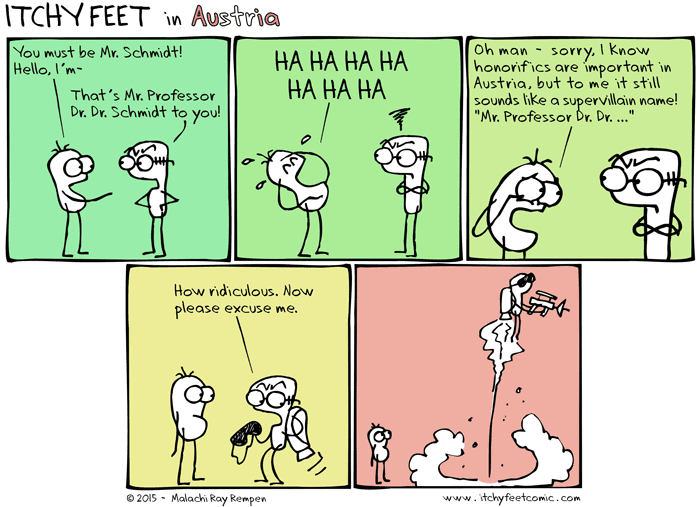The #1 Hardest Thing About Language Learning Posted by Malachi Rempen on Nov 6, 2017 in Archived Posts
No, it’s not complicated grammar rules. It’s not making space in your brain for reams of vocabulary. It’s not even sounding like a buffoon.
In all my travels, with all the languages I’ve tried to learn (with varying levels of success), I think I would say the hardest thing about learning new languages is being polite.
This might seem strange, but if you think about it, politeness is very closely tied to language. It’s all in how we address each other, how we signify our deference to someone older or with higher status, or the opposite – how we communicate intimacy and chumminess with our close ones. So the stakes are high when speaking a new language. You want to make sure the other person understands when you are trying to be polite.
And that’s the thing – courtesy is something given as much as it is something received. We extend courtesy to as a gift, often a small public offering, but it’s not always something we just expect from others. It’s often very important to us that we communicate that we hold the other person we’re speaking to in respectful regard.
But it’s not as easy as it seems. Because correctly communicating politeness is more often than not a linguistic act, you have to know the language pretty well to do it correctly.
As a simple example, German has a formal and informal tense. They’re pretty clear-cut: to say “you are” to a friend is du hast, while to a policeman is Sie haben. So you’d think it would be hard to screw up. But because in English these forms don’t exist, I’m constantly finding myself grinding my teeth because I’ve accidentally let the informal slip while talking to a waitress and it suddenly sounds like I want to be best friends. It crosses a social line that makes things awkward for everyone. And that’s NOT what I want. I want to be polite!
And German, similar to Italian and French, is easy in that regard. It’s just one other tense, and only used when referring to that person directly. But Japanese, for example, has a complex criss-crossing web of formality rules that change depending on social status, age, business relationship and more. And it doesn’t have to be direct. There’s even a polite way to say “it’s raining today” in Japanese (今日は雨が降っています)!
Now, often times, even in Japan, you don’t have to worry too much about making a mistake in formality. Most people are perfectly willing to give new learners and foreigners a free pass on the social language etiquette of their home. But like I said, courtesy isn’t just received. It’s given. I want to be polite! And it’s not as easy as you’d think.
What about your language, or the language you’re learning? Do you agree that being as polite as you’d like is harder than you thought? Are there any tricks that trip up people learning it?

Build vocabulary, practice pronunciation, and more with Transparent Language Online. Available anytime, anywhere, on any device.





Comments:
Janet:
One of the quirks about Icelandic is that using the “formal” pronouns can actually be considered quite rude!
Basically, it makes you sound like you think you’re better than others. Talk about the opposite of many other languages…
Here’s a good article on it:
https://blogs.transparent.com/icelandic/2013/01/23/personal-pronouns-or-how-polite-can-be-rude/